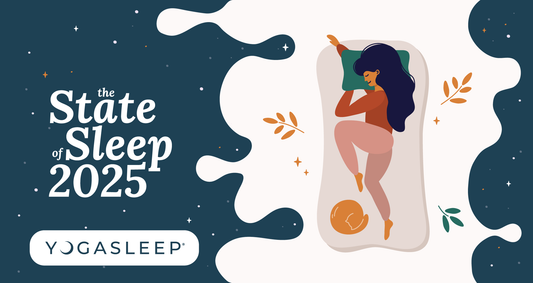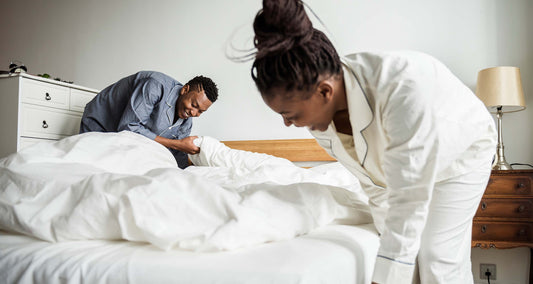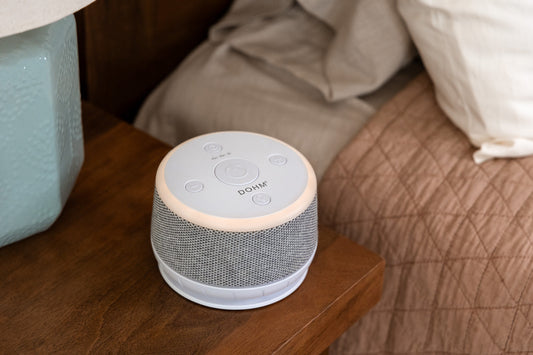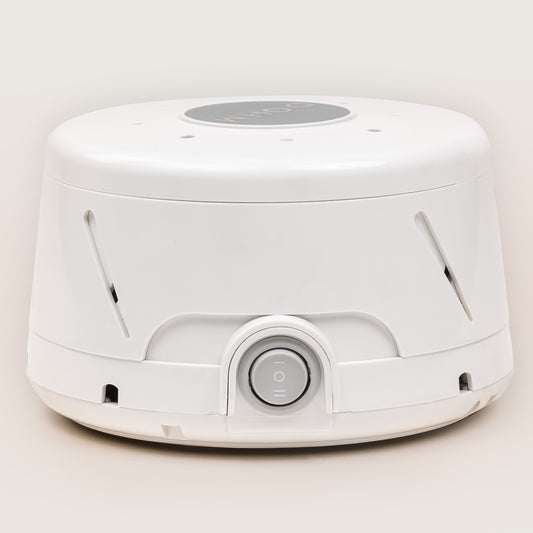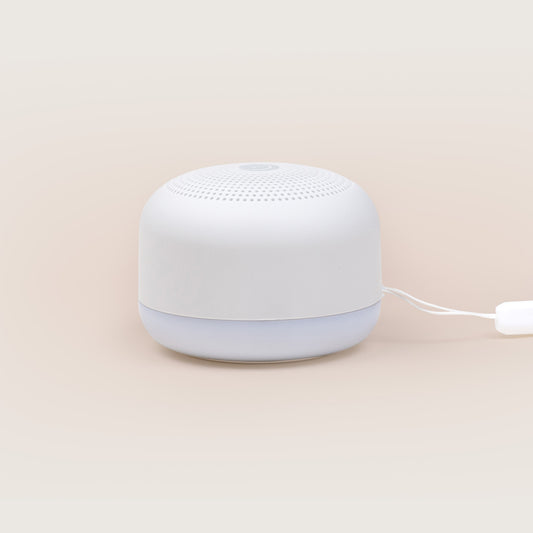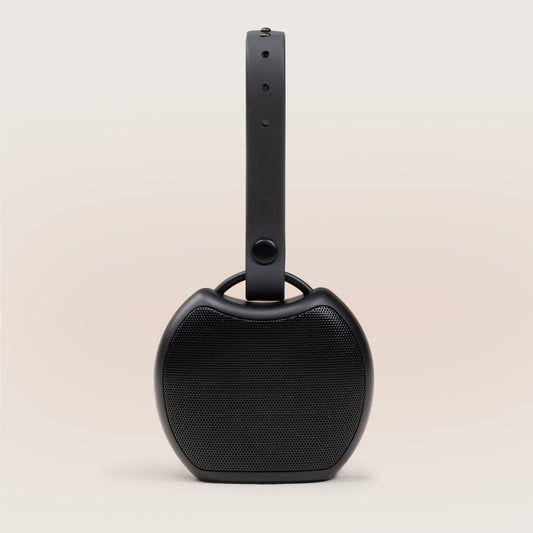
Sleep Disorders in Children with Dr. Chris Winters
We got the chance to chat with Dr. Chris Winters, a Virginia-based, board-certified, and internationally recognized sleep medicine specialist and neurologist. He has recently published his second book, The Rested Child , which discusses the signs and symptoms of possible sleep disorders in children.
An expert in the field of sleep patterns in kids, Dr. Winters shares some tips for what to do if you think that your child might have issues with sleeping.
The conversation has been lightly edited for clarity.
-What do you do as a sleep medicine specialist?
I see kids (and adults) in my clinic, diagnose their sleep disorders, and treat them. I'm a neurologist (MD) by training, but I only see people with sleep problems in my clinic — [those who] have difficulty falling asleep, are always tired, etc.
What motivated you to write The Rested Child?
Probably two things. The first is that I have seen an increase in referrals to our clinic of kids of all ages. That increase is concerning. The second is the lack of good information available for parents, educators, and clinicians about sleep problems in kids. Because parents often do not know what to look for, and clinicians are not trained to diagnose and evaluate sleep disorders (which are VERY common), kids routinely get missed when it comes to finding and treating these problems.
What advice do you have for new parents when it comes to establishing healthy sleep routines with their children?
It is essential that parents understand that their child is a unique individual with unique sleep characteristics and sleep needs. Each child out there has a specific amount of sleep they need and a specific timing that works best for them. Understanding and supporting this can improve school performance, mood, and general health.
What are the top signs to look out for that are indicative of a child having sleep issues?
School performance decline, changes in mood (or frank diagnoses of depression, anxiety, bipolar, etc.), disorders of attention or concentration (sleep disorders are commonly misdiagnosed as ADHD or similar conditions), bedwetting, changes in physical growth (a child who was 85% in height and weight is dropping in percentile rank for no clear reason), frequent illness, or unusual behaviors during the night (sleep walking, eating without memory, twitching/thrashing during the night).
If a parent determines that their child may be struggling with sleep, what first steps should be taken?
I would speak to the child's primary care provider/pediatrician and insist upon a consultation with a board-certified sleep specialist. This is not the same thing as having a sleep study, which may or may not be necessary/appropriate.
What’s one thing a parent could do tonight to make sleep better for the whole family?
Eliminate electronics (phones, computers, TVs, laptops) from everyone's bedrooms. All these devices can spend the night charging in the kitchen. It's important for parents to model this behavior as well — your sleep matters too.
Is there anything else you’d like to add?
Sleep disorders in kids are common, with an estimated 2 out of 3 kids developing some sleep issue prior to graduating high school. These are not rare disorders. Keep in mind that a 2013 study indicated that almost a quarter of pediatricians out there had not received any training related to sleep disorders. This intersection of massive numbers of kids with problems and little to no trained resources to deliver help is what has been described by many health care providers as a "crisis" of sleep in kids. And when these issues are not resolved as kids, they easily become adult sleep disorders... the basis of my first book, The Sleep Solution . Giving our kids the gift of healthy sleep and working to protect it should be as important to us as parents as feeding them and making sure they get proper exercise.
-
We’d like to thank Doctor Winters for his time and sleep expertise. The Rested Child is available now on Amazon or wherever books are sold.

